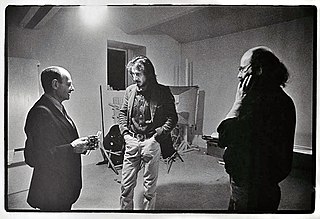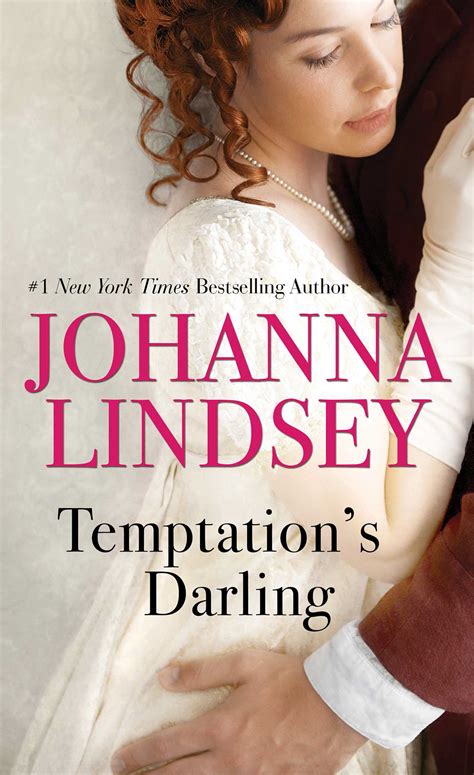A Quote by Susan Orlean
I love convincing a reader that an unusual or seemingly ordinary subject is worth his or her time - it's part of the fun for me as a writer.
Related Quotes
It is easier for the reader to judge, by a thousand times, than for the writer to invent. The writer must summon his Idea out of nowhere, and his characters out of nothing, and catch words as they fly, and nail them to the page. The reader has something to go by and somewhere to start from, given to him freely and with great generosity by the writer. And still the reader feels free to find fault.
The best part was now. That was what she would take with her from her journeys through the ages: He was worth everything to her and she was worth everything to him. The only way to experience that deep level of their love was to enter each new moment together, as if time were made of clouds. And if it came down to it these next nine days, Luce knew that she and Daniel would risk everything for their love.
Many photographers feel their client is the subject. My client is a woman in Kansas who reads Vogue. I'm trying to intrigue, stimulate, feed her. My responsibility is to the reader. The severe portrait that is not the greatest joy in the world to the subject may be enormously interesting to the reader.
You aren't even angry with me anymore, Stefan, so let me up." He didn't budge. "It would be a misconception on your part, little Tanya, if you are thinking I have to be angry to make love to you." His head bent, his lips grazing her cheek all the way to her ear. With his warm breath sending tingles all over her, he continued in a whisper, "I wanted you last night, today a dozen times, right now more than ever. Tell me to love you, Tanya. Demand it of me!
How often I have tried to tell writing students that the first thing a writer must do is love the reader and wish the reader well. The writer must trust the reader to be at least as intelligent as he is. Only in such well wishing and trust, only when the writer feels he is writing a letter to a good friend, only then will the magic happen.
One of the most useful parts of my education as a writer was the practice of reading a writer straight through - every book the writer published, in chronological order, to see how the writer changed over time, and to see how the writer's idea of his or her project changed over time, and to see all the writer tried and accomplished or failed to accomplish.
I feel that, in a sense, the writer knows nothing any longer. He has no moral stance. He offers the reader the contents of his own head, a set of options and imaginative alternatives. His role is that of a scientist, whether on safari or in his laboratory, faced with an unknown terrain or subject. All he can do is to devise various hypotheses and test them against the facts.

































